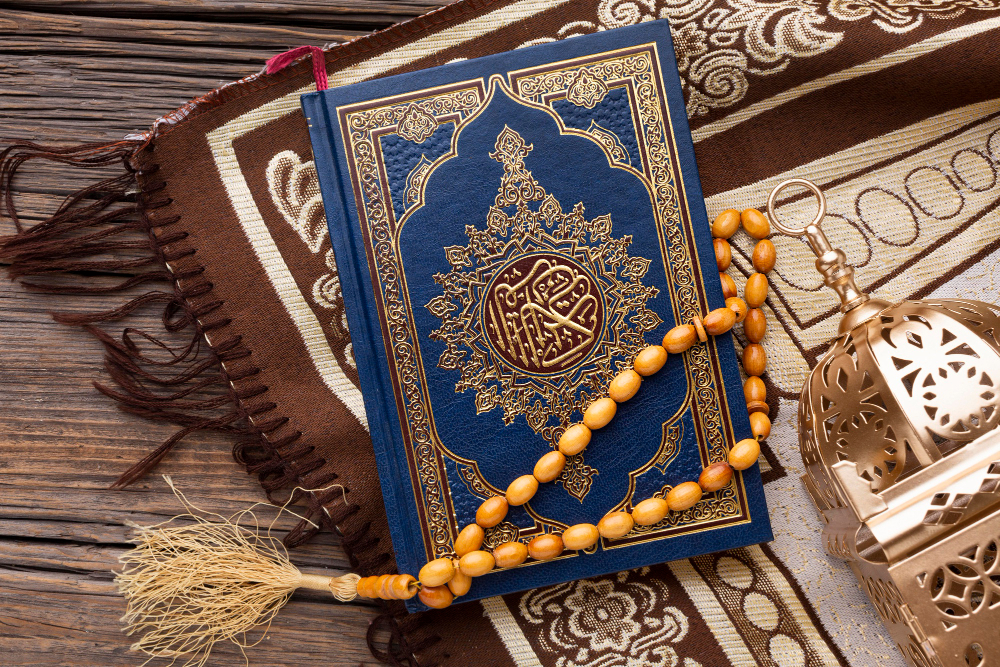Rabiul Awwal or Rabī al-Awwal is a special month in the Islamic calendar. It’s important for kids to know that what is Rabi’ al-Awwal and its significance.
This month, often referred to as the “First Spring,” is filled with historical and spiritual importance, particularly as it marks the birth of the Prophet Muhammad (PBUH).
Here’s a look at why Rabi’ al-Awwal is so significant and how kids can learn and celebrate during this blessed time.
Want to start learning the Holy Quran for yourself or your child in the month of Rabi’ al-Awwal? Join the best online Quran academy and get a free one-week trial!
1. The Birth of the Prophet Muhammad (PBUH)
One of the most significant events in Rabi’ al-Awwal is the birth of the Prophet Muhammad (peace be upon him), which occurred on the 12th day of this month.



